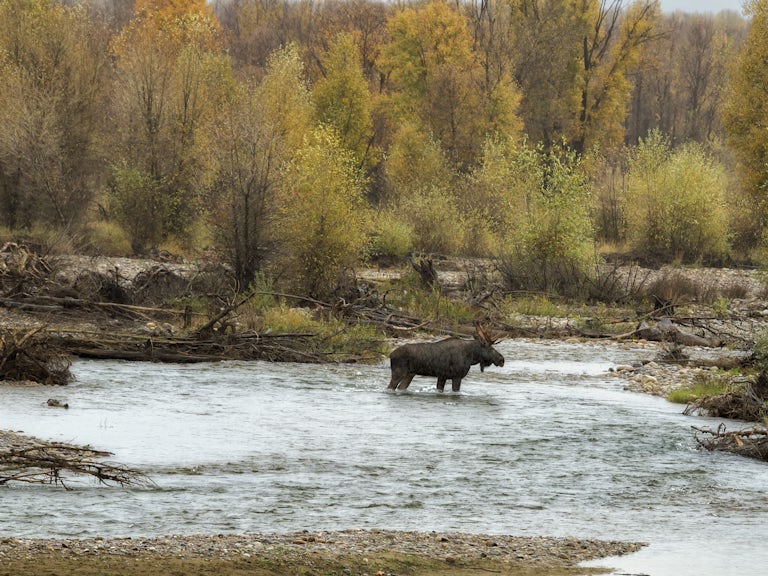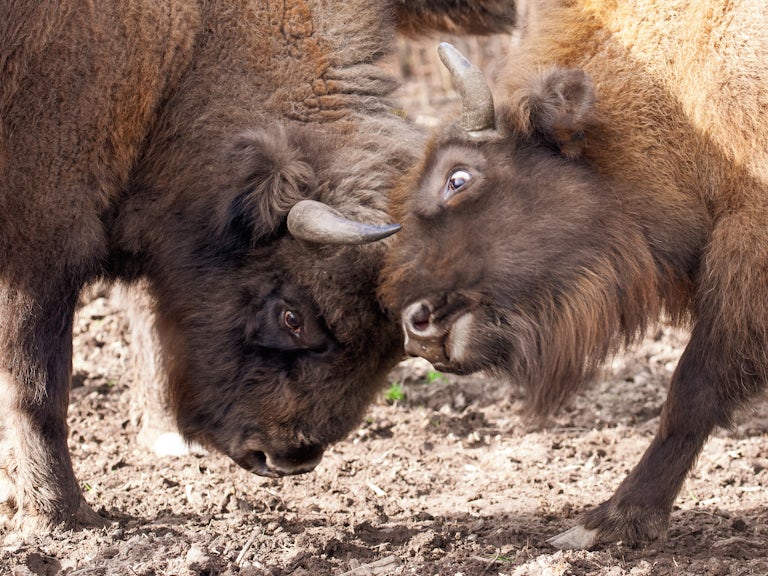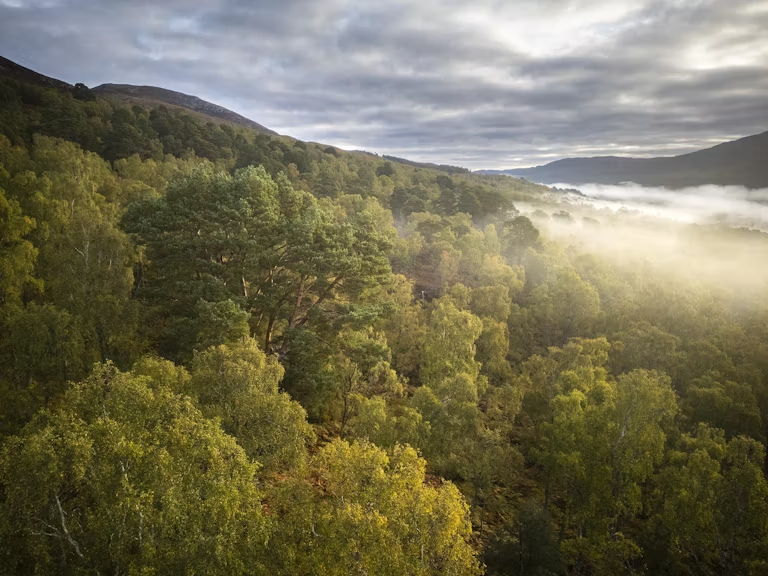Eleven new projects backed by the Rewilding Innovation Fund
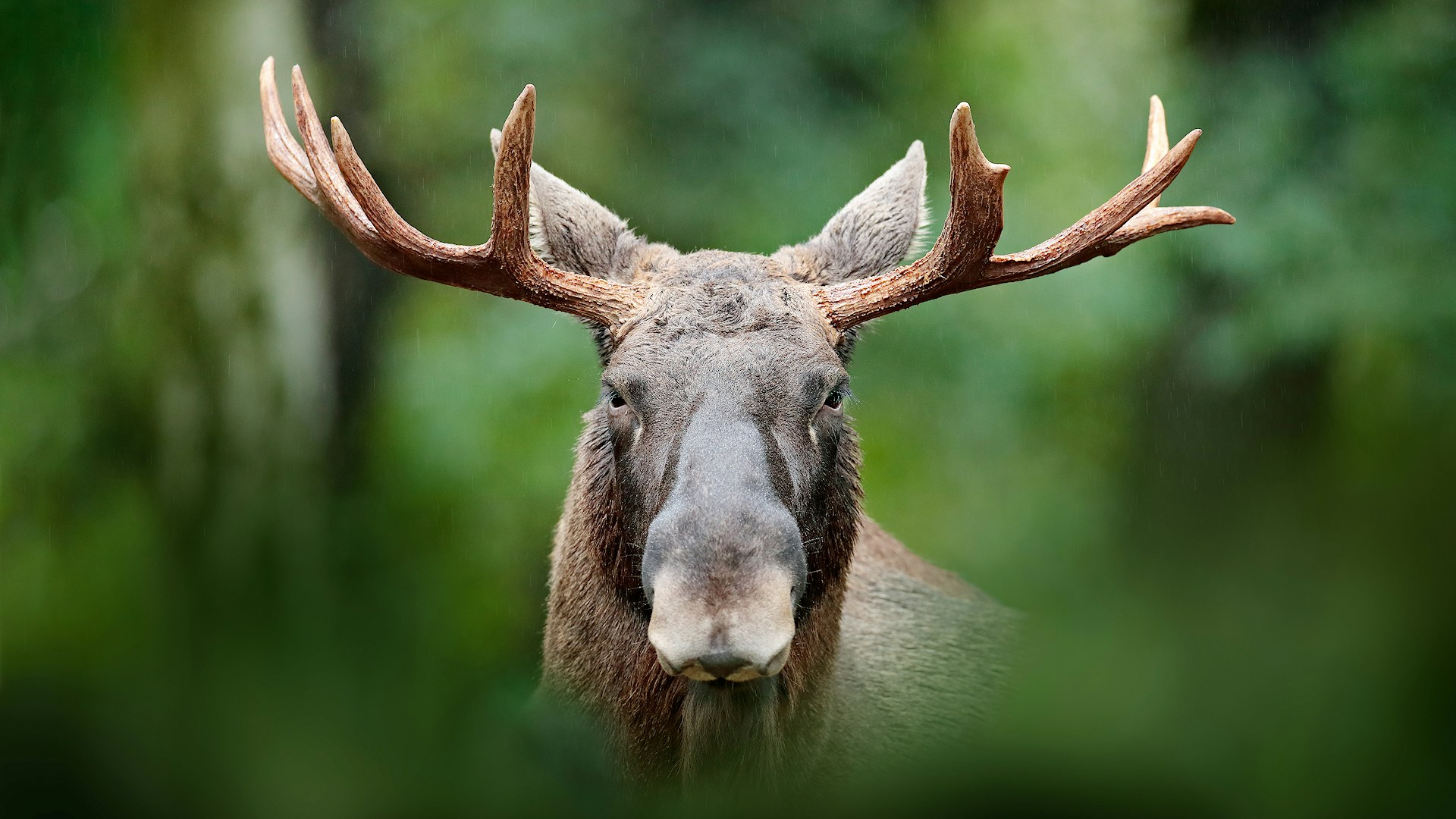
Published 15/01/2025
We’re excited to announce that Rewilding Britain is backing 11 new projects which are pushing the boundaries on rewilding in pioneering new ways across Britain – awarding a total of £150K through the Rewilding Innovation Fund.
What is the Rewilding Innovation Fund?
Since 2021, the Rewilding Innovation Fund has funded 55 initiatives across Britain’s land and sea. From community-driven to technology-focused projects, we’re helping remove the barriers to rewilding for pioneering practitioners in all three nations.
Putting rewilding into action across Britain
From species reintroductions to connecting young people with nature, we’re truly inspired by the visionary thinking of the recipients, and can’t wait to see how these exciting endeavours shape a wilder future across Britain and bring real environmental, social and economic change.
Here’s a round-up of the impressive beneficiaries of this latest round of the Rewilding Innovation Fund.
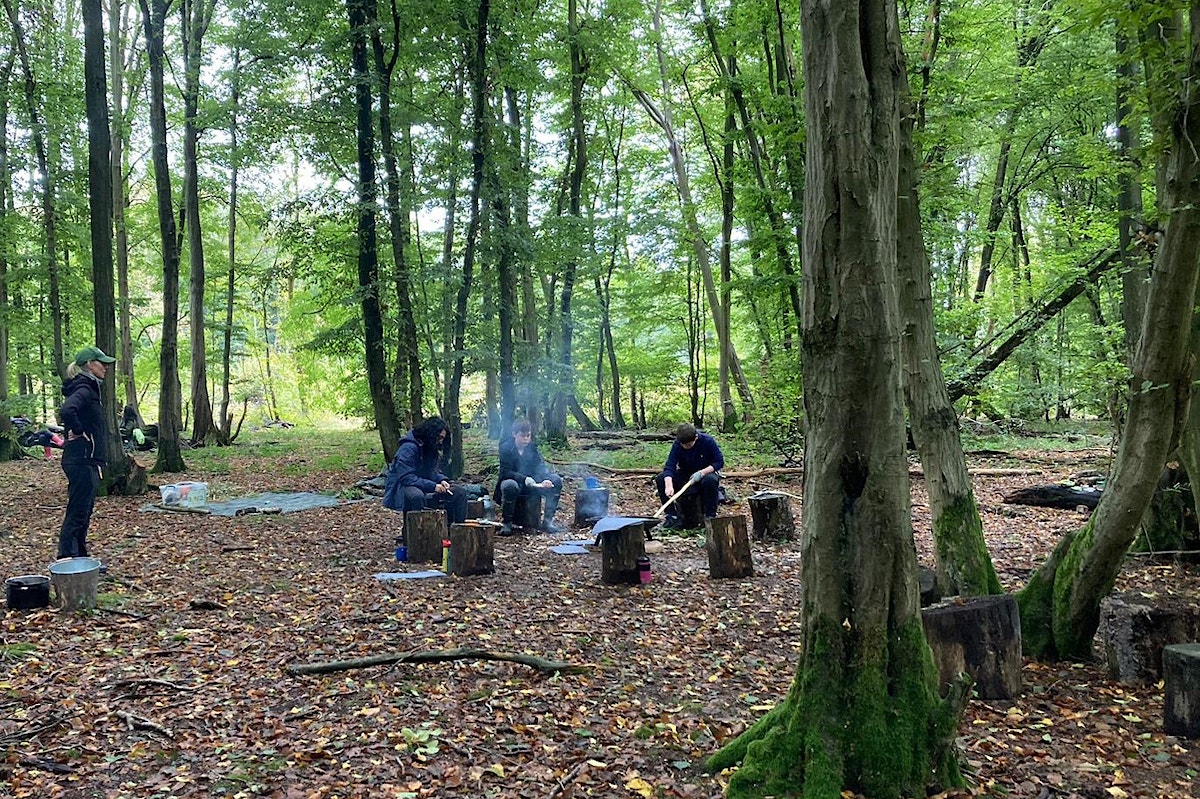
Transforming education through outdoor classrooms
Environmental charity Wilderness Foundation acquired an ancient woodland in Essex last year in order to support their educational nature-based programmes with youth groups. The Foundation will use Innovation Funding to create an outdoor classroom in this space, offering transformative education on rewilding, using the healing power of nature.
The Essex-based charity empowers vulnerable lives through nature while fostering conservation, recognising the deep, transformative connection between people and the natural world.
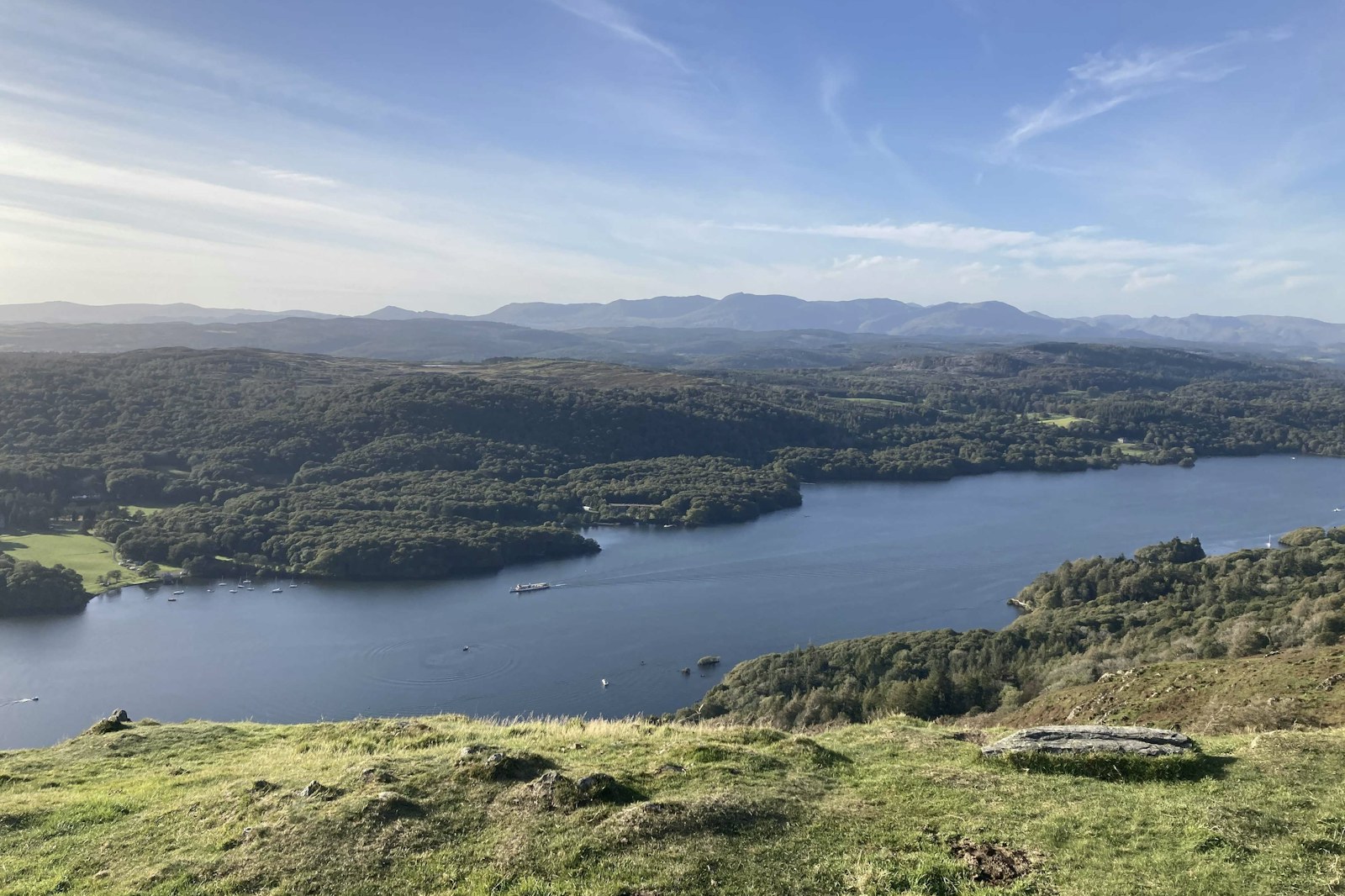
Restoring nature to enhance outdoor adventures
The Scout Adventure Centres offer young people safe spaces to experience the natural environment and create memories through outdoor adventures. They extend across more than 300 hectares in some of the UK’s most valuable and vulnerable protected landscapes, including Ashdown Forest and the Lake District, and offer an exceptional range of habitats and wildlife. This funding will support rewilding strategies across four of the sites.
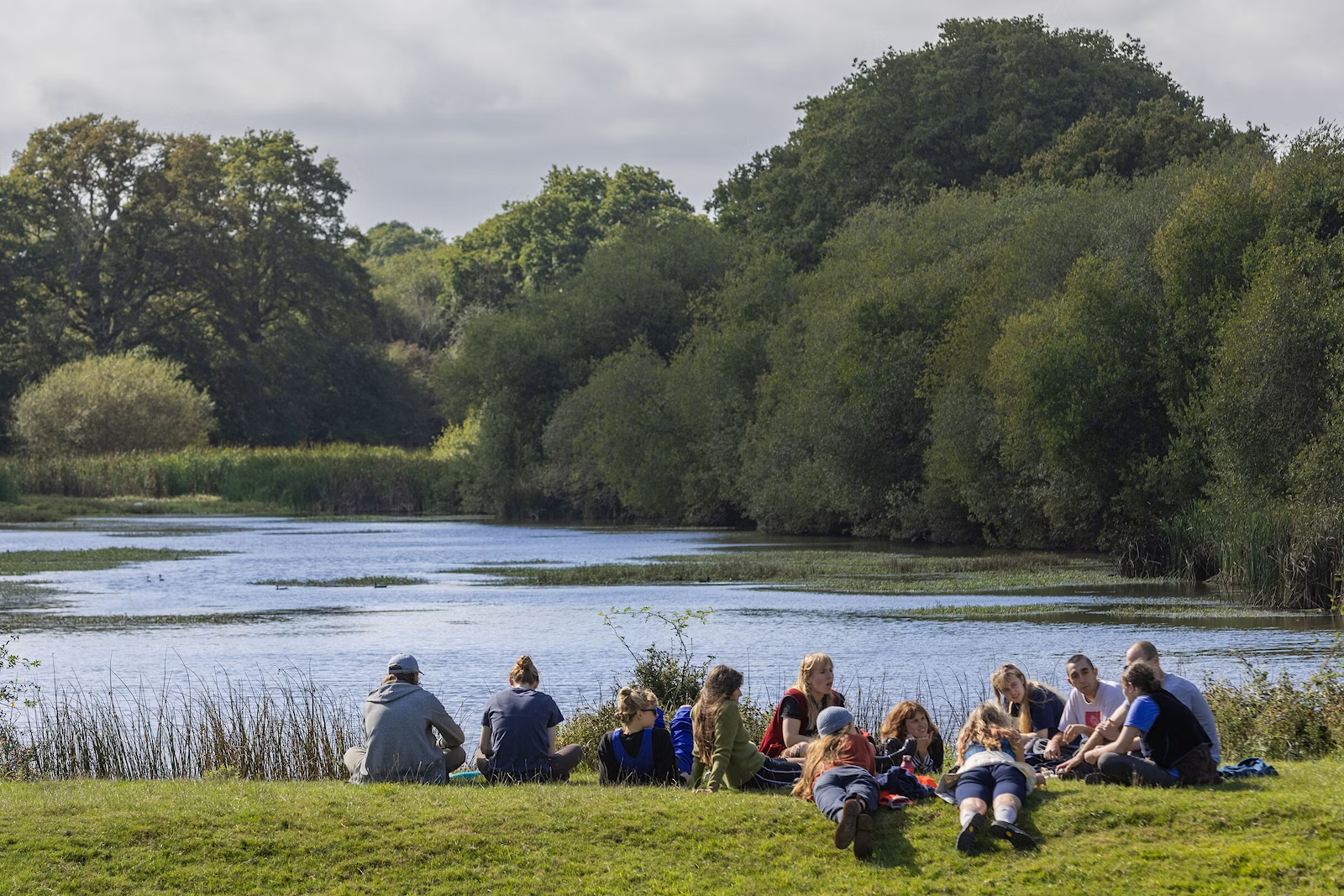
Supporting more young people in rewilding
Youth-led non-profit Youngwilders are extending the scope of Overgrowth (formerly Resurgence), the UK’s only Youth Rewilding Summit, with their Innovation Funding. Organised by and for people under 30, the summit provides a space for young people to learn, meet and share their knowledge and experience. Youngwilders will deliver an additional summit in the north of England, as well as run a series of online activations to connect the two events.
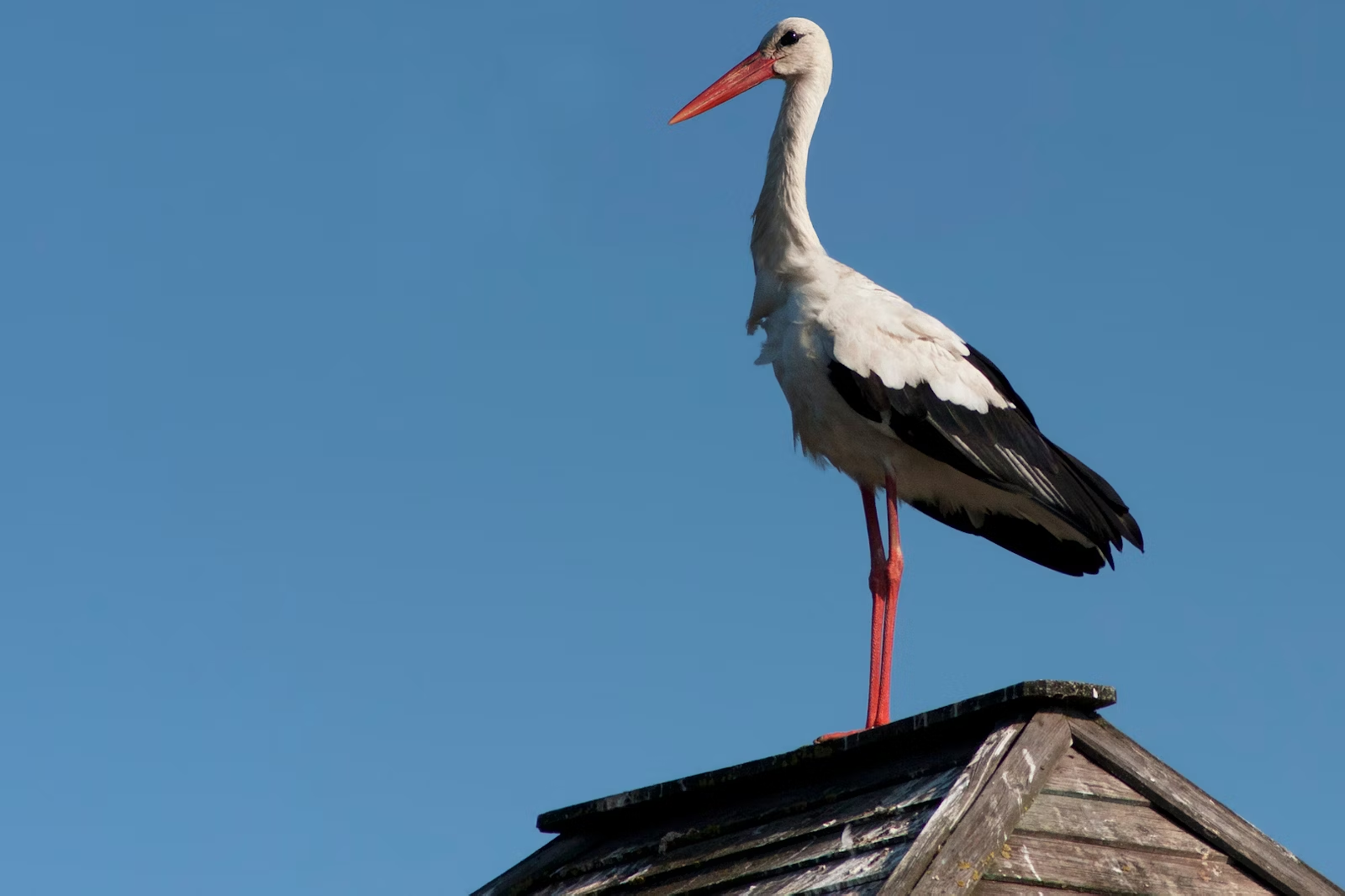
Researching stork reintroductions in London
Inspired by the success of white stork reintroductions at Knepp Wildland in Sussex, Citizen Zoo – an organisation dedicated to rewilding based in East London – wants to restore this charismatic native bird to its former ranges. This funding will allow them to conduct a year-long feasibility study and pioneering community engagement initiative.
With their distinctive appearance, characteristic clattering bills and majestic flights across the skies, white storks were once an integral part of the UK’s wildlife. Citizen Zoo hope reintroducing a population of birds to London would boost and extend the established populations in Sussex and Surrey, helping to bridge fragmented breeding populations and eventually leading to a nationwide recovery.
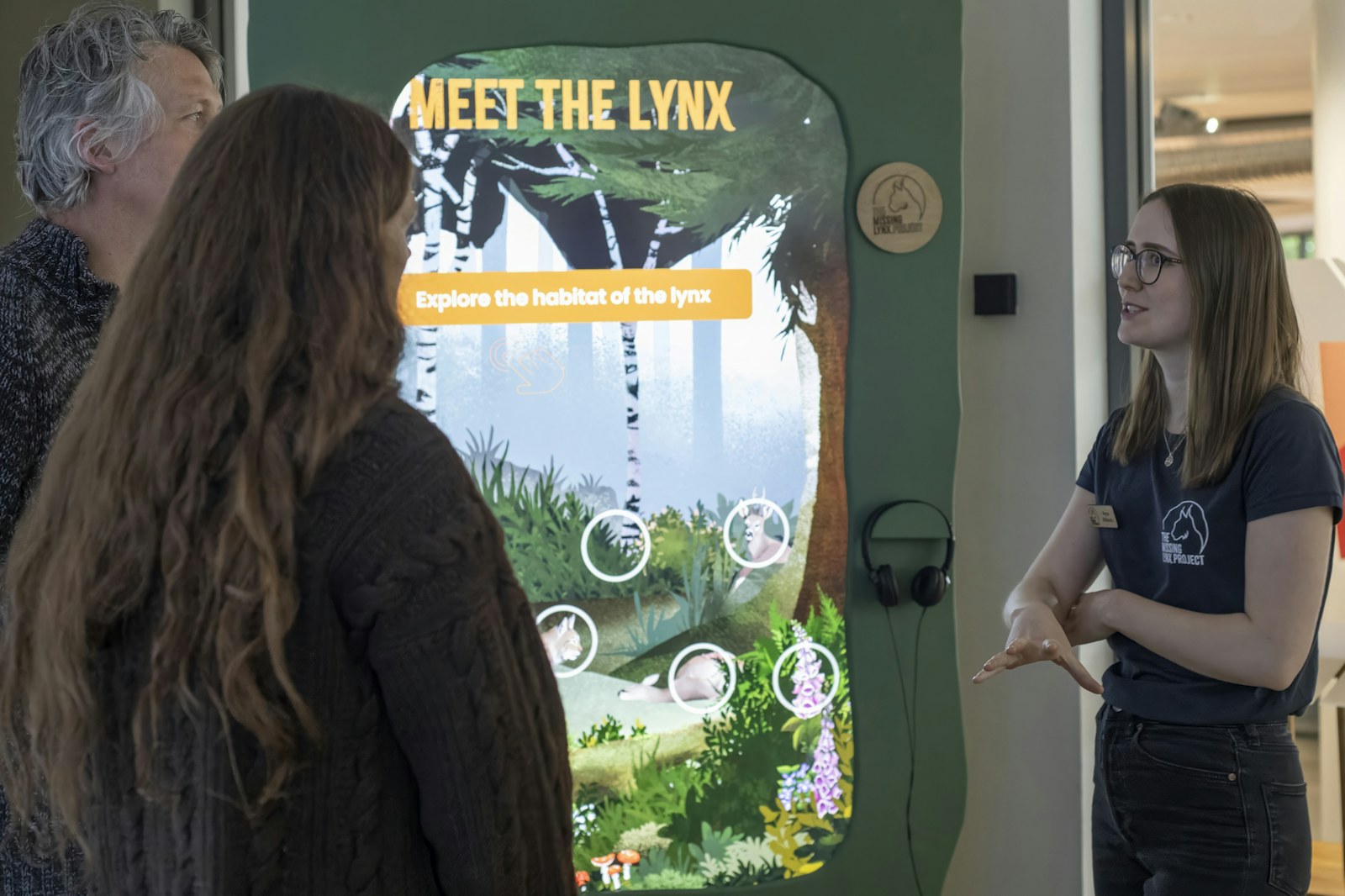
Telling the history of the lynx in Britain to young people
The Missing Lynx project was launched in March 2024 to explore the social feasibility of restoring lynx to Britain.
At the core of the Missing Lynx project’s engagement work is their travelling exhibition, an immersive and engaging audio-visual interactive display that brings the lynx and its habitat to life. Funding awarded through the Innovation Fund will help bring the exhibition to schools and universities to ensure that the younger voice is proportionately expressed within the decision as to whether we should bring our missing lynx back.
Learn more about the lynx on our key species page.
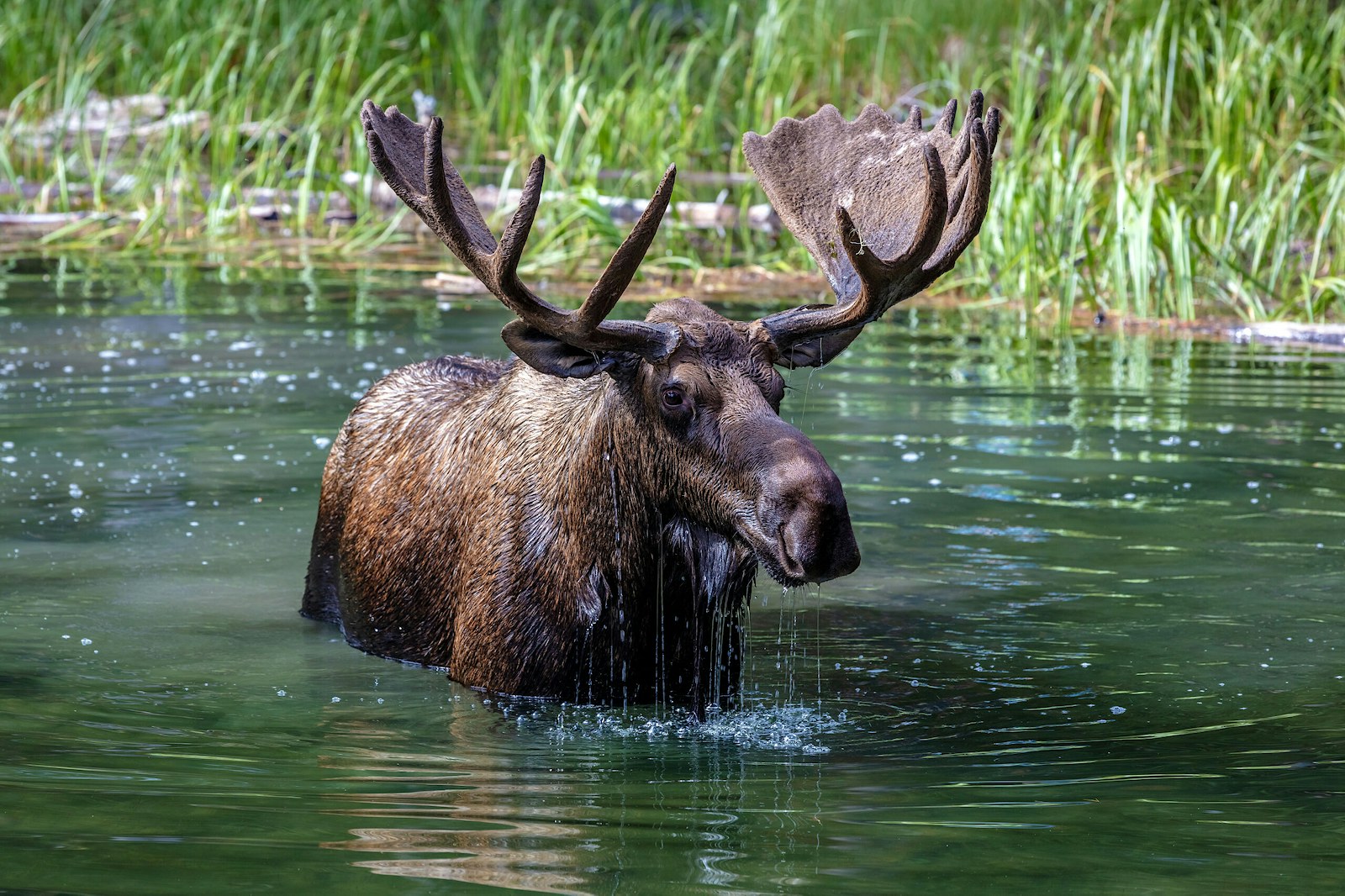
Helping to bring elk back to the Norfolk fens
Nattergal’s High Fen Wildland is a 292-hectare fenland restoration project in the Norfolk fens, working to re-wet the degraded peatland and drive nature recovery. Funding from the Rewilding Innovation Fund will support a feasibility study into the reintroduction of once-native elk to the fens, assessing the viability of High Fen as a suitable home through desk-based research, site-specific ecological assessment and a comprehensive plan to address practical aspects of their reintroduction.
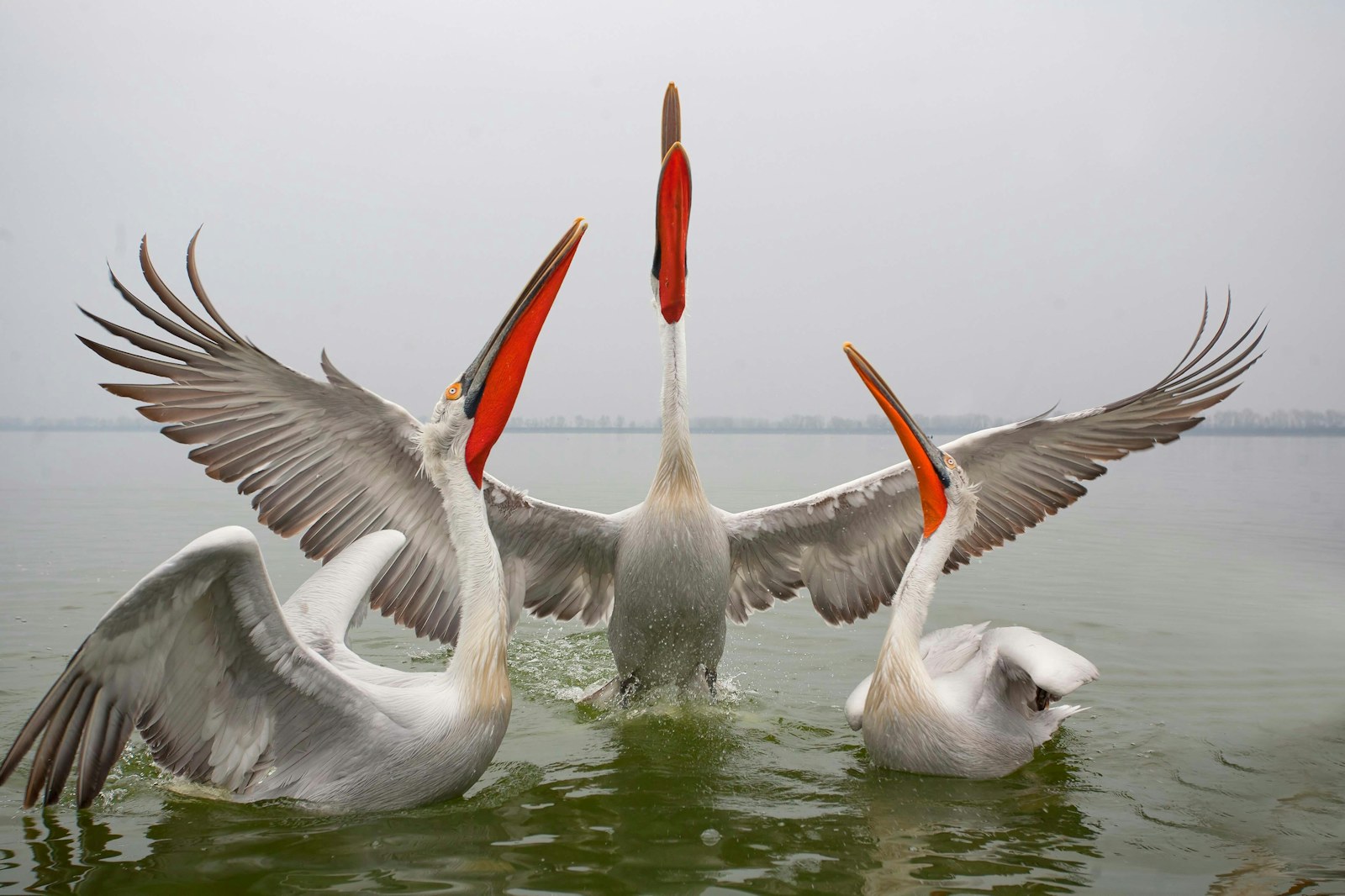
Bringing back Britain’s largest ever bird
Dalmatian pelicans are Britain’s largest ever bird and fossils show that they first lived around wetlands thousands of years ago, although they haven’t been present in the wild since medieval times. Pelicans to Norfolk, a project led by Keep It Wild, is looking at feasibility studies currently being undertaken to reintroduce Dalmatian pelicans to the North Sea for inspiration.
Funding from the Rewilding Innovation Fund will support site visits from Dutch conservationists to explore establishing breeding colonies of pelicans in England, collaboration between reintroductions, assisting knowledge exchange and aid engagement with local landowners.
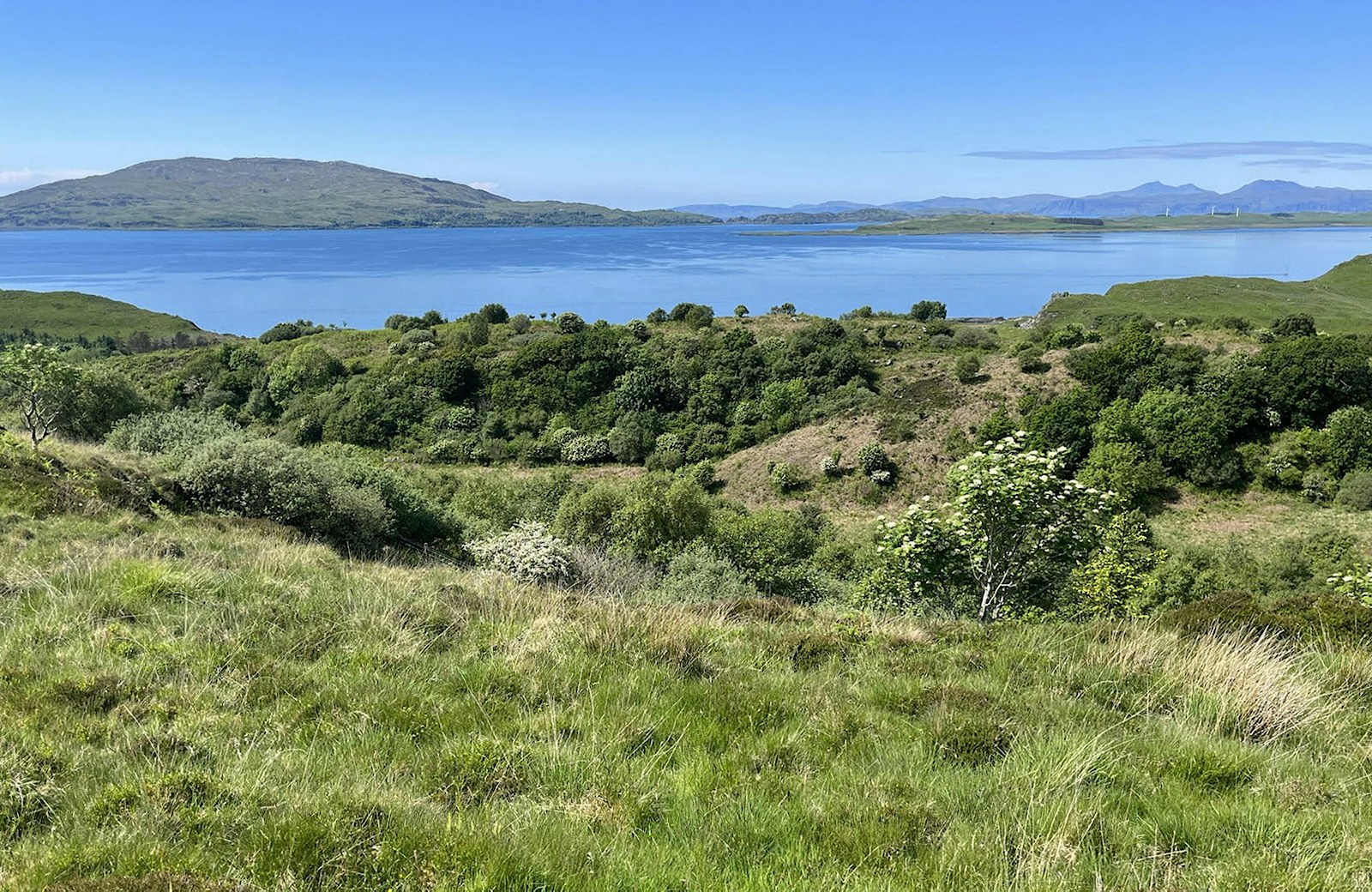
Kickstarting rewilding at Gartcharron
Gartcharron is a large hill farm in Argyll and Bute, western Scotland. The 110-hectare landscape is a mix of habitats, from wetland and pasture to sea and loch-shore.
The estate wants to bring rewilding to Gartcharron to improve biodiversity and carbon capture opportunities. Funding from the Rewilding Innovation Fund will help them start that exciting journey by supporting the collection of essential baseline data to further develop a new vision towards nature recovery.
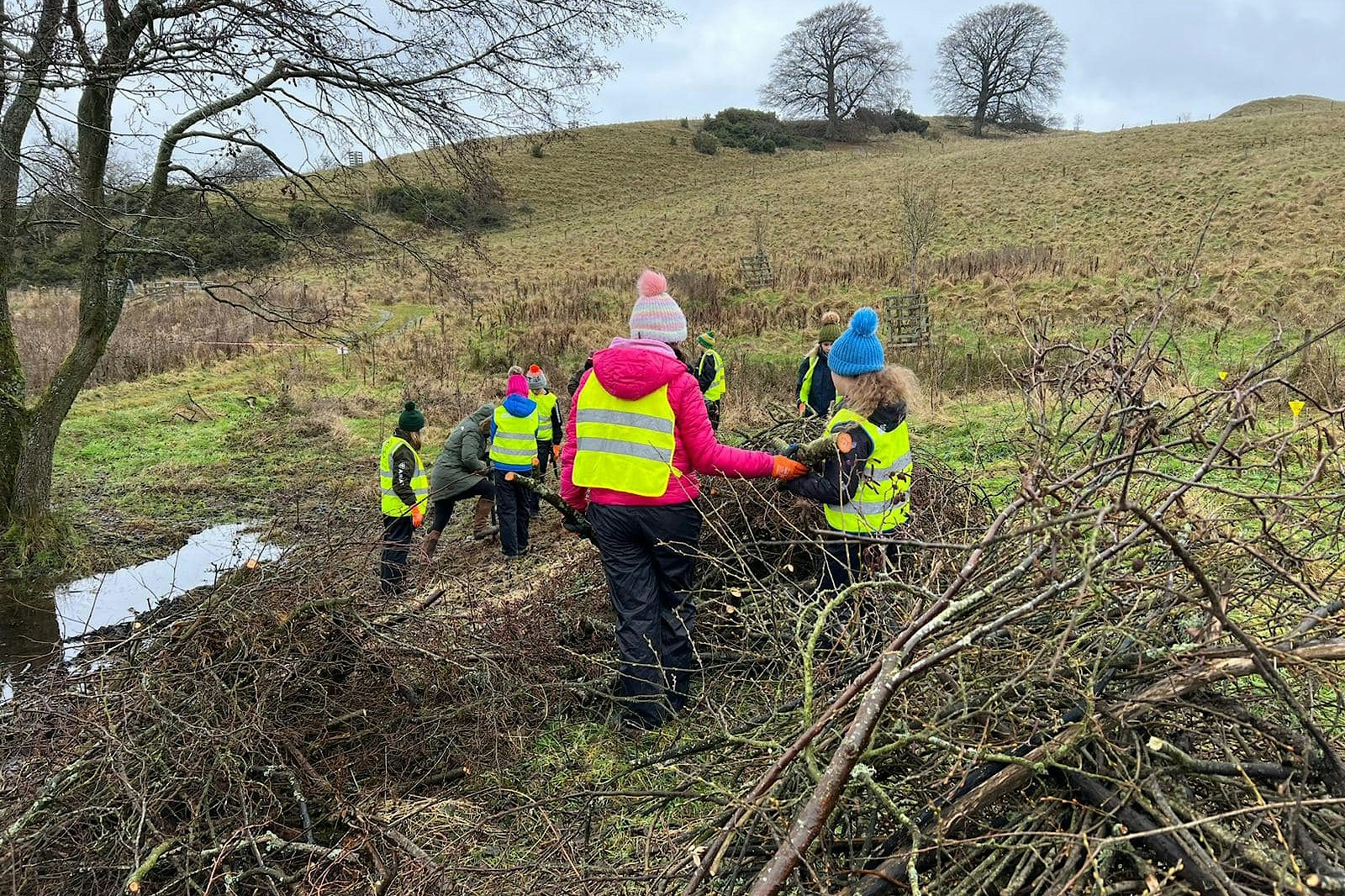
Creating a living classroom for schools in Scotland
Charity Bright Green Nature will be using their Innovation Funding to embark on an ambitious plan to transform a large estate in the Scottish borders into a nature-rich ‘living classroom’ for local schools to take an active role in rewilding.
The project, based at the historic 65-hectare Haining estate, will mark a significant step for nature recovery action in the Scottish borders by restoring local biodiversity and engaging the community in an inspiring environmental initiative. Bright Green Nature will invite students from local schools to take an active citizen-science role in collecting essential data for the rewilding project.
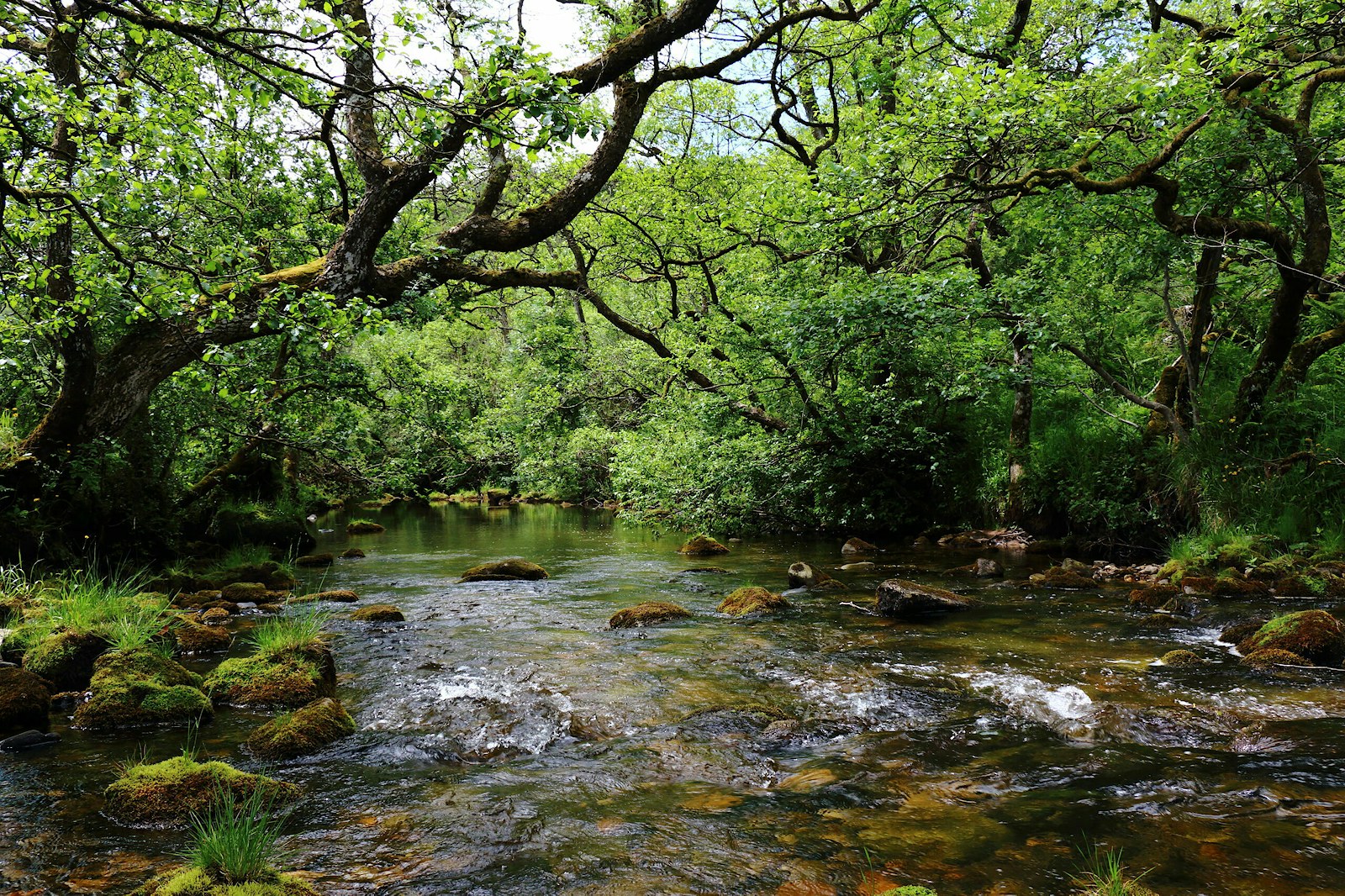
Introducing nature-based land management solutions in southern Scotland
At over 4,200 hectares, Tarras Valley Nature Reserve in Langholm, southern Scotland, was at the heart of the largest community buy-out in southern Scotland and is now one of the largest community-led ecological restoration projects of its kind in the UK.
Funding from the Rewilding Innovation Fund will support a herbivore grazing strategy, bringing in expertise to explore the role that cattle, ponies and pigs could play within the reserve.
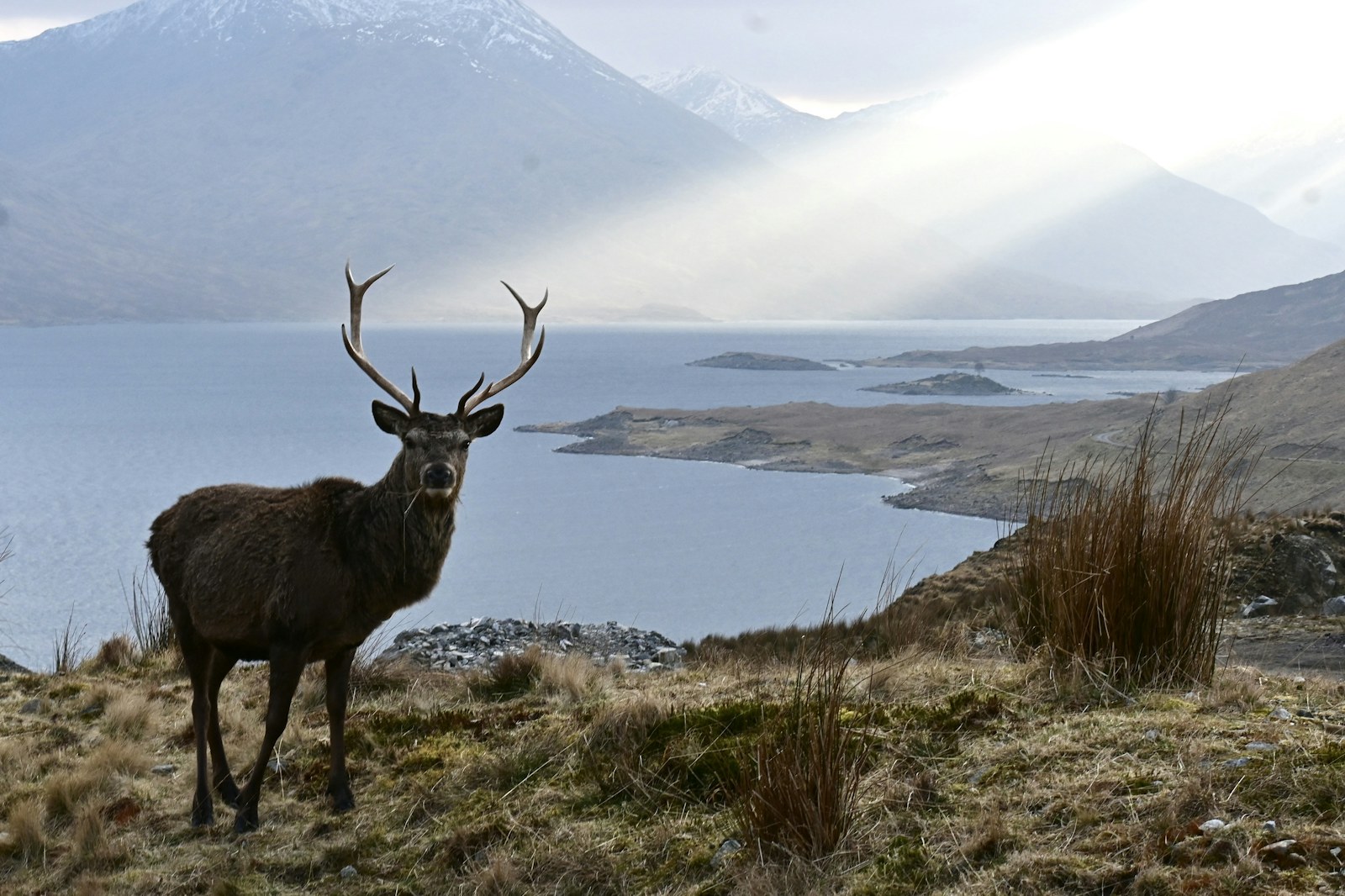
Supporting deer mediation in the Scottish Highlands
Charity Trees for Life stands at the forefront of rewilding in the Scottish Highlands, committed to creating nature-rich landscapes that include and support people. Therefore, effective, well-connected deer management is an essential part of their rewilding strategy.
Funding from the Rewilding Innovation Fund will build on the achievements of the Common Ground Forum, a network of over 120 individuals and organisations, to work towards the Forum’s vision of thriving and vibrant land managers and owners engaging positively and constructively about managing the wider impacts of deer and other herbivores on the environment.
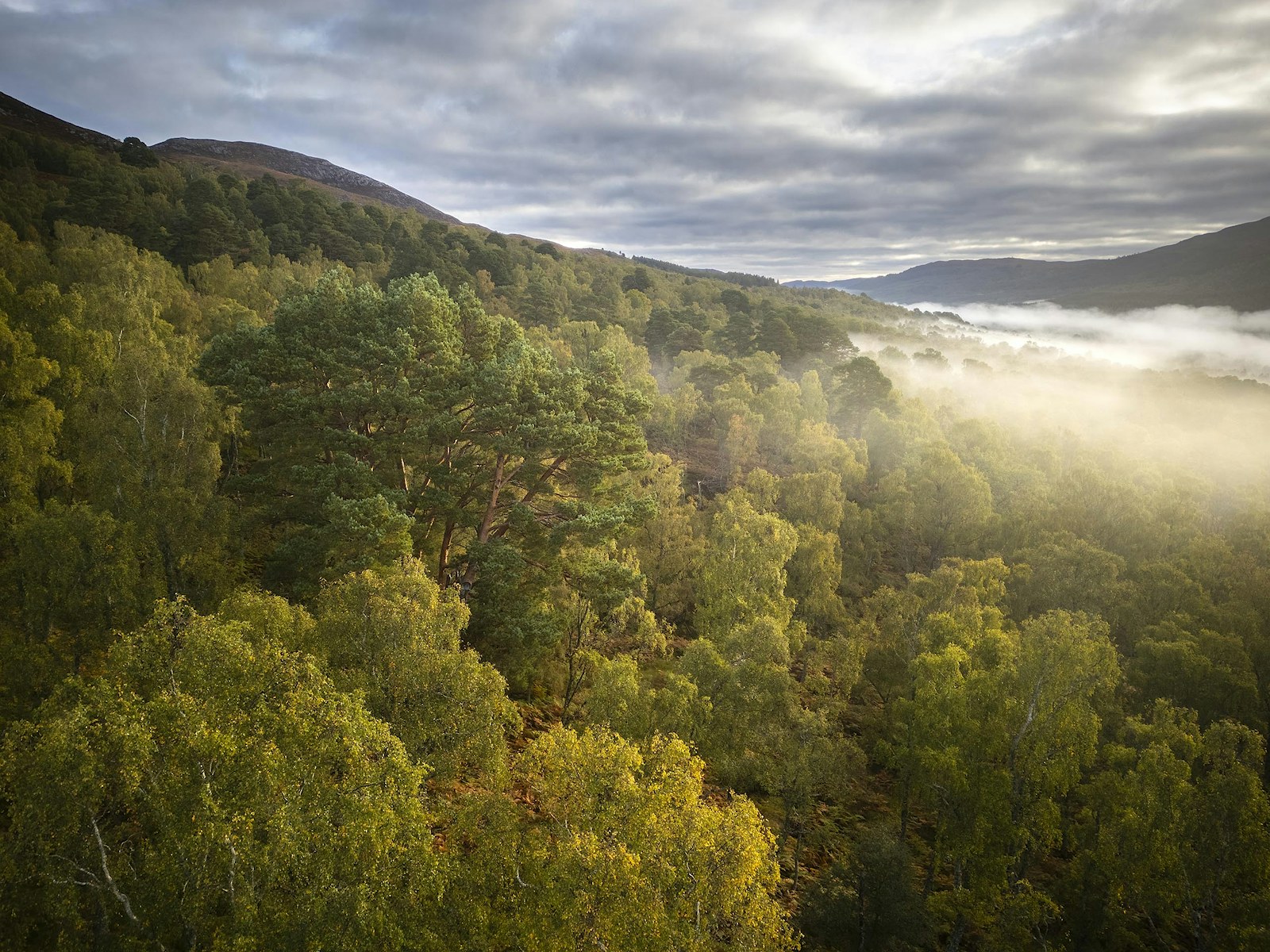
How we’re backing innovation
From community engagement to drone surveying, lynx feasibility studies to marine restoration, we’ve funded 55 innovative projects since 2021. Explore the full range of pioneering schemes who are playing a vital role in restoring nature thanks to the Rewilding Innovation Fund.
Innovation funding
The current round of the Innovation Fund is now closed for applications, but a new round will open in summer.
